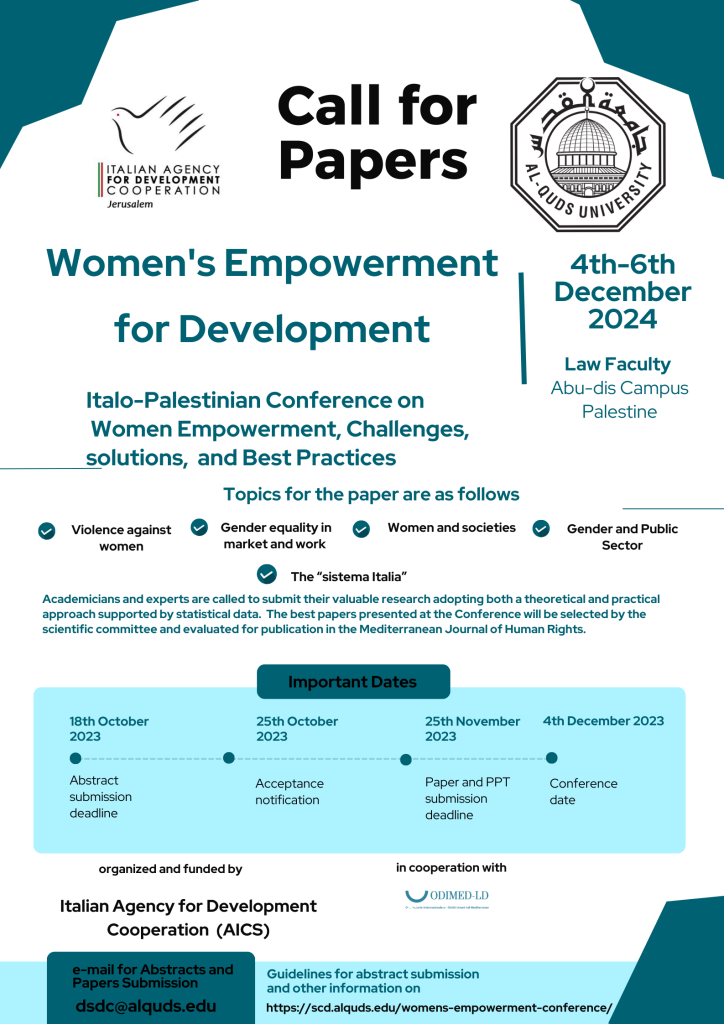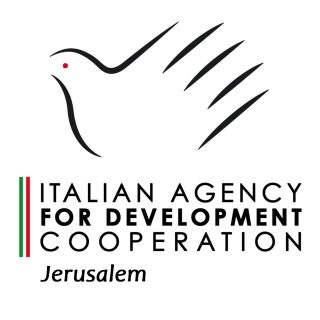
Call for Paper
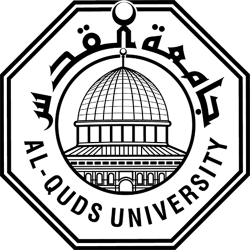
Faculty of law
Women Empowerment, Challenges, Solutions, and Best Practices
The Faculty of Law at Al-Quds University and Al-Quds Center for International Scientific Cooperation and Development (SCD) and the Italian Agency for Development Cooperation are delighted to announce this call for papers for the first Palestinian-Italian Conference on: “Women Empowerment, Challenges, Solutions, and Best Practices”
In cooperation with the Italian ODIMED-LD, The Palestinian Ministry of Women Affairs, the Palestinian Bar Association, Women’s Center for Legal Aid and Counselling, and Women’s Affairs Team,
4th-6th December, 2023 at Al-Quds University, the Main Campus, Abu Dis- Jerusalem.
Conference Streams:
In light of statistical data, the Palestinian-Italian Conference aims to provide a platform to discuss critiques, solutions and challenges to women’s empowerment in the Mediterranean area. Moreover, the research and proposals of leading scholars will be integrated with the practical solutions adopted by institutions in responding to women’s issues, with active participation of civil society.
To this end, the scientific committee of the Conference welcomes submissions on relevant topics from jurists, economists, sociologists, psychologists, political scientists, and experts on one of the following five thematic areas related to “women’s empowerment”:
1. Violence against women
Violence against Women is a global phenomenon. According to the World Health Organisation 2018 Report on Violence Against Women Prevalence Estimates nearly one in three women experienced gender-based violence in at least one form perpetrated by intimate and non-intimate partners.
By reviewing the latest official data available on types of VAW in Palestine and Italy, it is evident that the phenomenon represents a common challenge for both countries to achieve the 5th sustainable development goal of the UN Agenda 2030 for sustainable development. Notwithstanding the above-mentioned, VAW in both countries is attributed to different social and political contexts. The Conference aims to involve stakeholders in combating VAW through sharing strategies and experiences.
Official data on VAW collected by ISTAT, Statistics, and UNFPA show that both countries are affected proportionally by the same forms of VAW (excluding those that result from the Israeli occupation). The lack of data represents another issue that is worthy of reflection among scholars, while VAW represents an emergency for both countries.
According to the World Health Organisation report on the economic dimension of interpersonal violence, VAW represents not only a violation of human rights; it assumes, with its economic and social costs, a public relevance from the macroeconomic point of view, representing from a state economy and public finance perspective- a critical issue of public health policies.
The United Nations estimated the cost of VAW at 1,500 billion dollars, corresponding to about 2% of world GDP and Canada’s entire GDP.
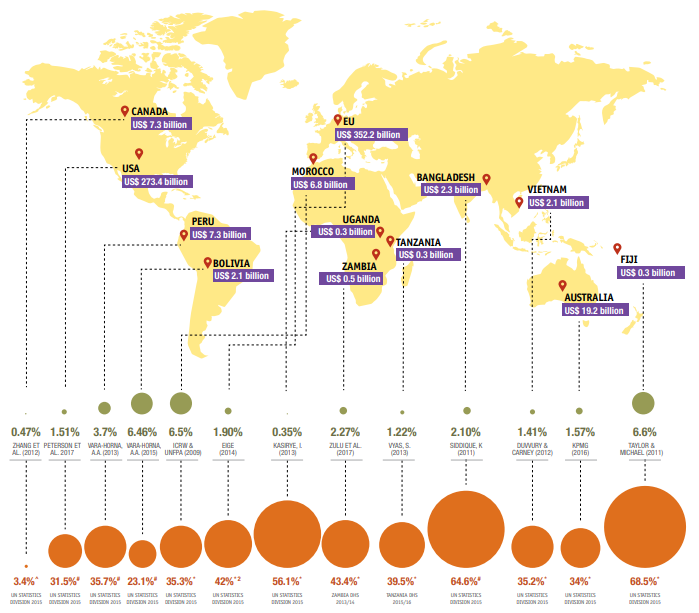

Credits: CARE International report COUNTING THE COST: The Price Society Pays for Violence Against Women
Consequently, this research track calls academics and experts, to move from traditional issues, to analyse the phenomenon and its reasons, investigate the effectiveness of existing public policies, legislation, and advocacy actions in combating VAW, and share experiences and best practices to propose joint solutions.
2. Gender equality in the market and work
According to the European Pillar of Social Rights, equality of treatment and opportunity between women and men have to be ensured and fostered in all areas, including participating in the labour market, and in terms and conditions of employment and career progression.
Due to the influence of stereotypes within some cultures, married women are assumed to play the role of the housewife, who take care of housekeeping and child bearer, a significant number of women had to leave their work after they got married. Moreover, from a gender pay gap perspective, women and men have the right to equal pay for work of equal value, but the implementation of this principle seems to be far from reality.
The gender pay gap in unadjusted form, the gender employment gap by type of employment, and women’s participation in the labour market represent common obstacles that the two countries face -with due differences- in achieving the 5th UN Goal for sustainable development.
According to ISTAT, women in Italy earn an overage of 5% less than men.
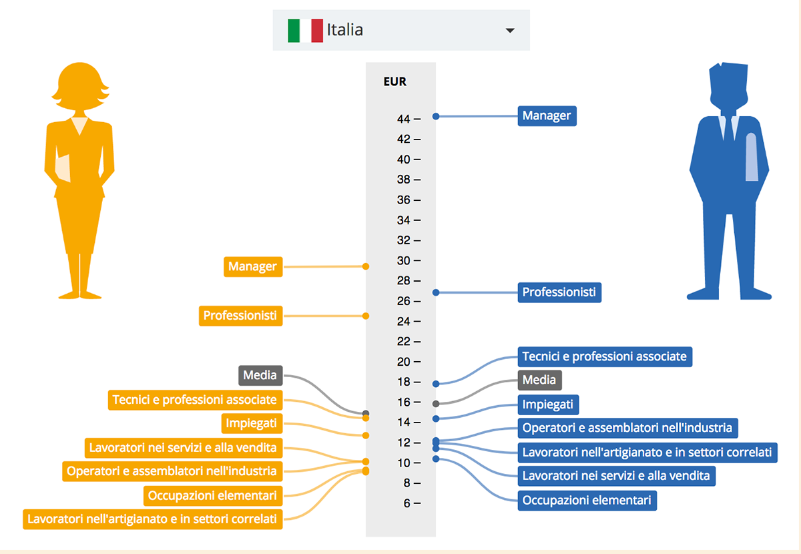
Data collected by the Italian Statistical Institute reflects a new trend in 2022: “the percentage of women on the Boards of Directors of listed companies increased, standing at 42.9%; and demonstrating an increase by 1.7 percentage points). The same applies to women in decision-making positions, which stands at 21%, reflecting an increase by 1.9 percentage points)”.
The gap between men and women in the Palestinian labour market is also critical as seen in the UN Report on the Social and Economic Situation of Palestinian Women and Girls.
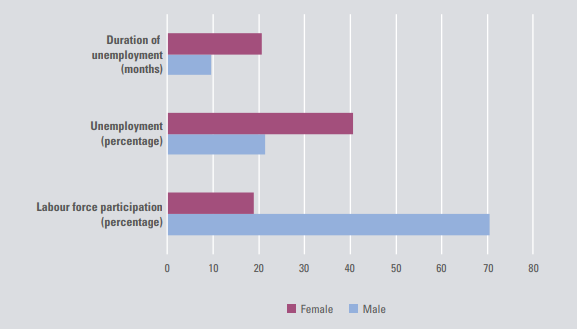
The reason for the disparities in the labour market must be analysed and understood within the framework of contradictory data collected for the education sector.
In Palestine, for instance, gender inequality is also evident in the role that women have in academia. While the Ministry of Higher Education recorded in 2023 that out of 42,394 graduates, 63.1 % are women, the vast majority of those holding the title of Professor (Assistant, Associate, Full) are men.
This data demonstrates significant disparities that warrant further research to understand its underpinning causes. Could the area of study chosen by woman be a key cause? In the academic year 2020/21, the faculties of technology, information and communication were chosen by 41% of women. In the same year, the percentage of women in the natural sciences, mathematics and statistics has risen to 72% compared to 28% men.
Within this framework, academics and experts are called upon to analyse this phenomenon and its reasons through a holistic and multidisciplinary approach, examining the effectiveness of existing public policies, legislation, and advocacy actions in contrasting the gender gap in the labour market and workplace, and share experiences and best practices to propose joint solutions.
3. Women and Society
The UN and EU Council studies show how women’s empowerment is primarily influenced by society, and how some stereotypes play a major role, directly or indirectly, in the aforementioned percentages and statistics.
Gender discrimination exists in social norms and impacts several aspects of society. For example, the SIGI 2023 Global Report shows the disparity in the time spent on housework by men and women at the global level.

Further, a study on Multiple Dimensions of Gender Stereotypes shows common perceptions of women’s skills.
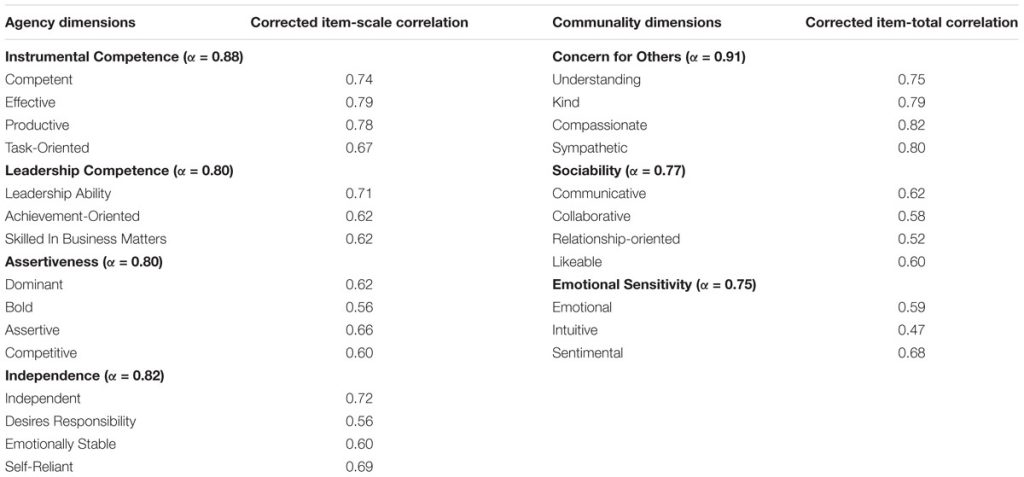
In this sense, academics are encouraged to analyse the critiques and the cultural challenges and factors that demote women to specific gender roles. Papers highlighting the effectiveness of policies, legislative provisions, and best practices undertaken by States to address cultural challenges and achieve gender equality are also welcomed.
4. Gender and State Sectors
This track is intended to examine women’s active participation in society. According to the Palestinian Central Bureau of Statistics, women’s active participation in the public sector is significantly lower than that of men.
Similarly, the situation in Italy, despite differences in percentages, shows the same trend of male domination. Specifically, women’s representation in Parliament stood at 33.7% in 2022. Women’s representation at the regional level reflects an increase by 1.2% in the regional councils’ elections, which took place in 2023.
Taking measures to ensure that public administrations reflect the population they serve, which extends to include the gender composition, can contribute to more inclusive decision-making and governance. A significant role, from this perspective, is played by gender mainstreaming as one of the most effective ways for governments to promote gender equality.
Within this framework, academics and experts are invited to analyse gender equality in public participation, examine the phenomenon and its reasons, investigate the effectiveness of existing public policies, and share best practices.
5. The "Sistema Italia"
This theme relates to the set of institutional, political, entrepreneurial, cultural, and social components contributing to the Italian nation’s development.
The “Sistema Italia” demonstrates a system of incentivisation and acceleration towards gender equality, among other sectors, that involves various stakeholders.
In this system, several common issues are addressed by institutions, DGCS, NGOs, private sector actors, and universities, through a holistic approach to support and defend women, in accordance with the 4P’s strategy.
Academics and experts are called upon to analyse and share Italian best practices and case studies to export to other countries as efficient solutions for women’s empowerment and gender equality.
How to Submit Your Abstract:
- Abstracts on one of the five themes proposed by the Conference, accompanied by a biography of the author, ranging between 200-350 words.
- Abstracts can be submitted by 5:00 PM Jerusalem time (+1 CET) by 20 October 2023.
- Abstracts and author biography should be submitted online via email (dsdc@alquds.edu).
- Authors of selected papers will be notified by 26 October 2023.
- The final version of the scientific papers, submitted in accordance with the editorial criteria, should be sent together with a Power Point Presentation, based on the Conference’s template by 25 November 2023.
- Papers and Power Point Presentations should combine both theoretical and practical approaches and report statistical data to clearly situate the covered issues to the audience.
- Exceptional papers presented at the Conference will be evaluated and selected for publication in the “Mediterranean Journal of Human Rights”. The scientific committee of the Conference will also consider for publication papers by those who are unable to attend the Conference but are willing to contribute to the Conference themes.
